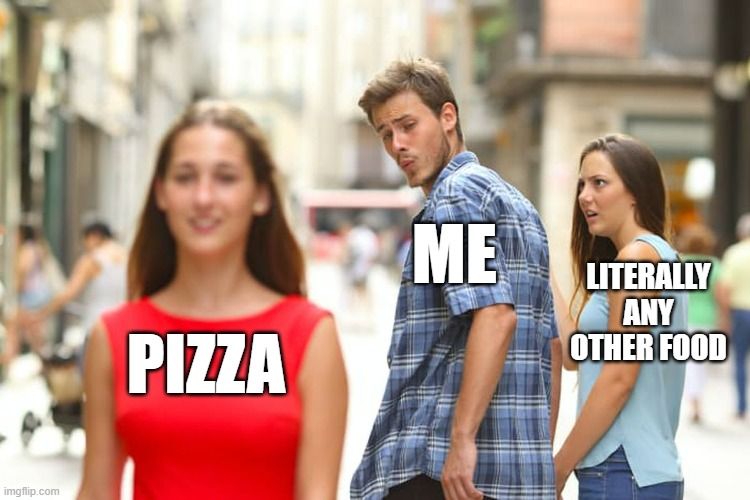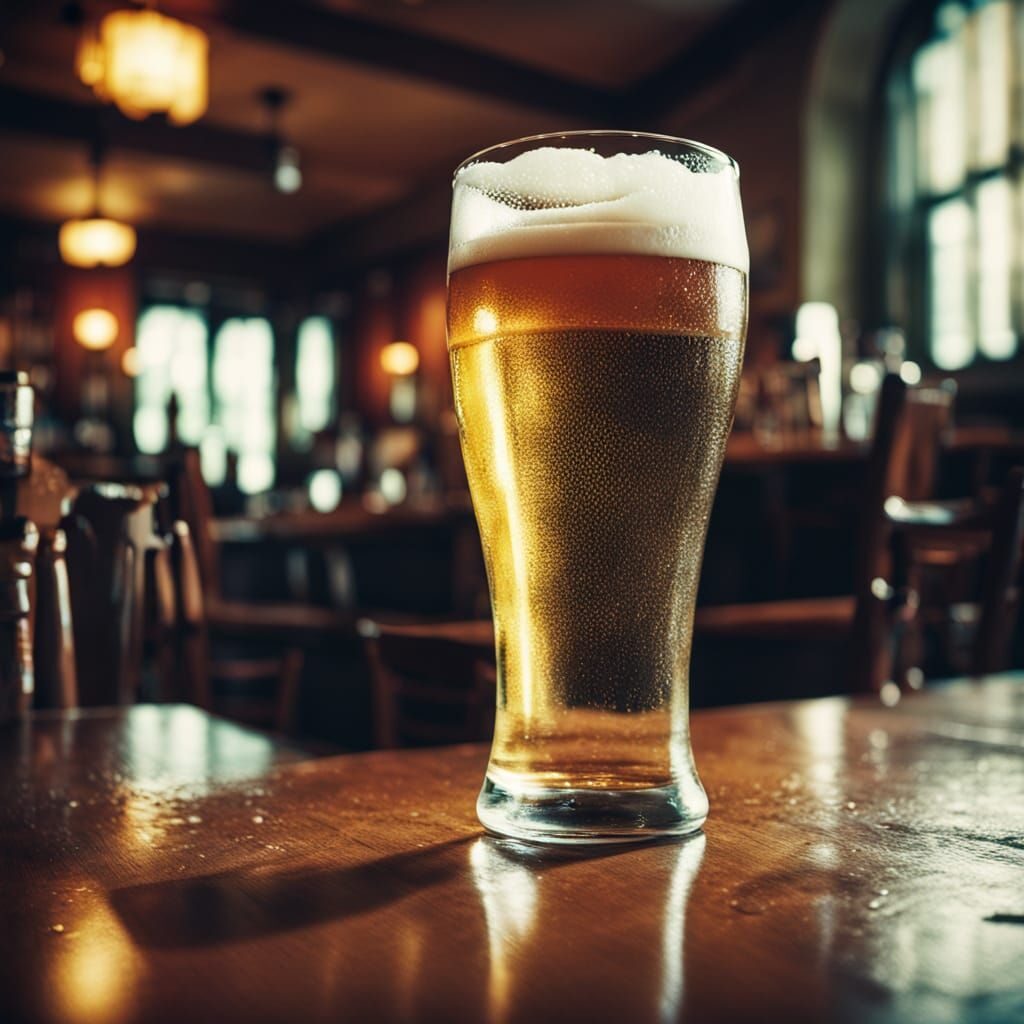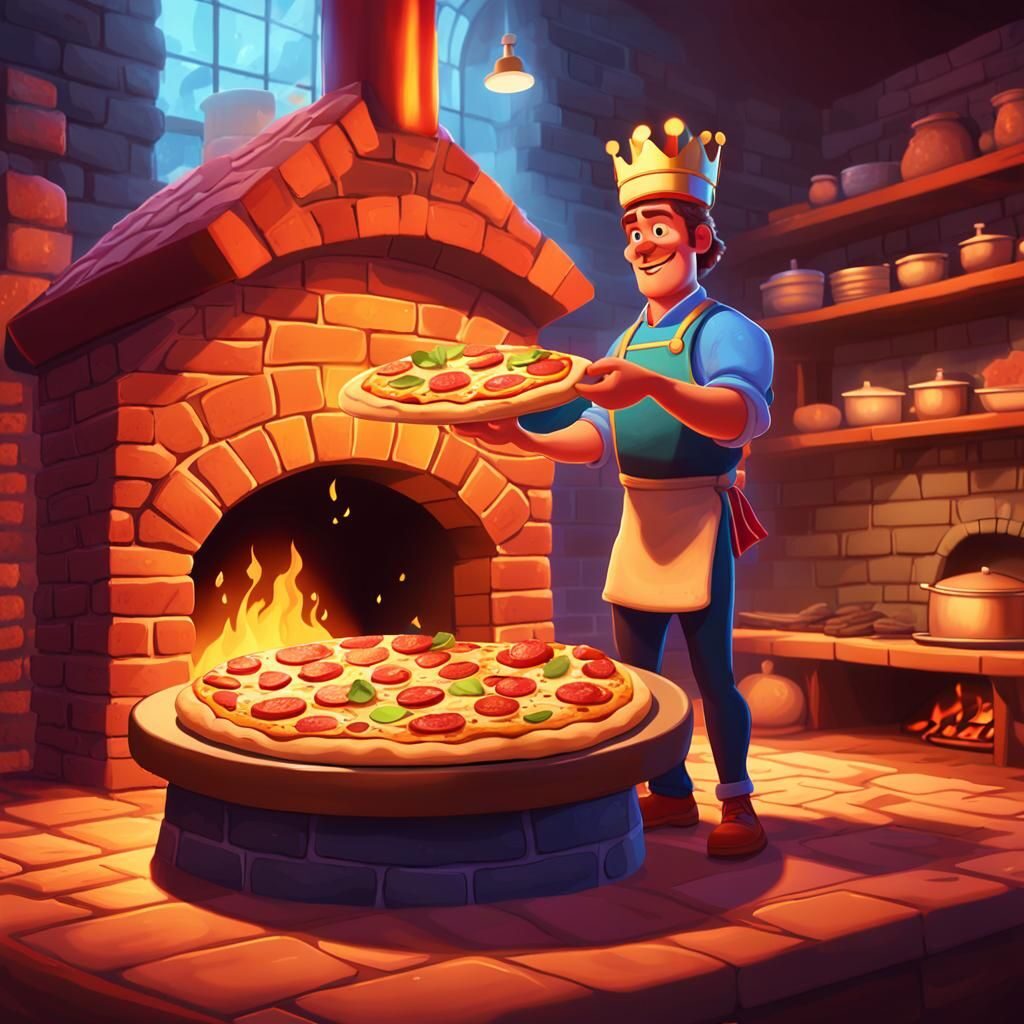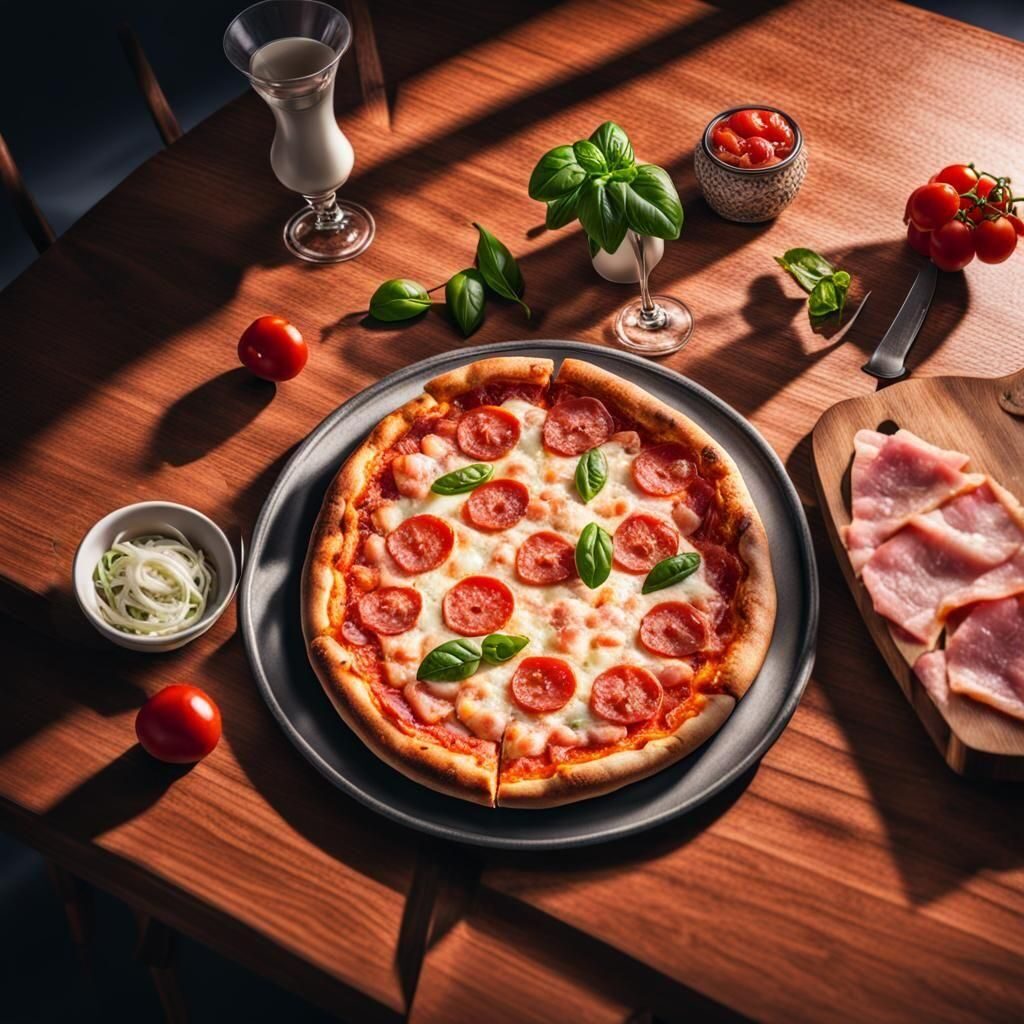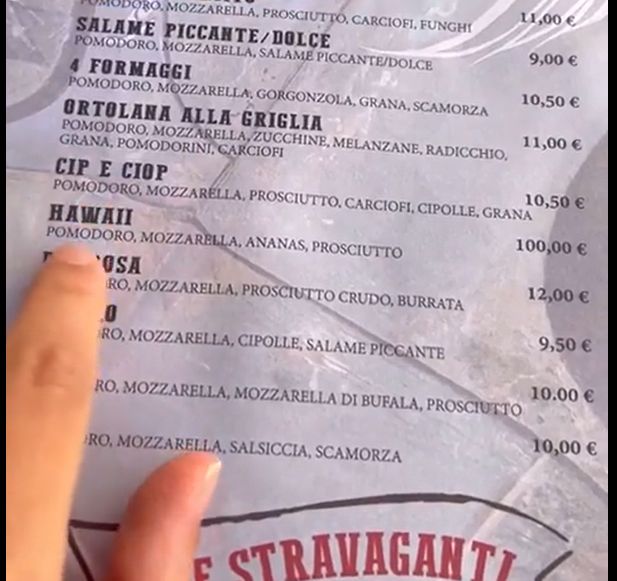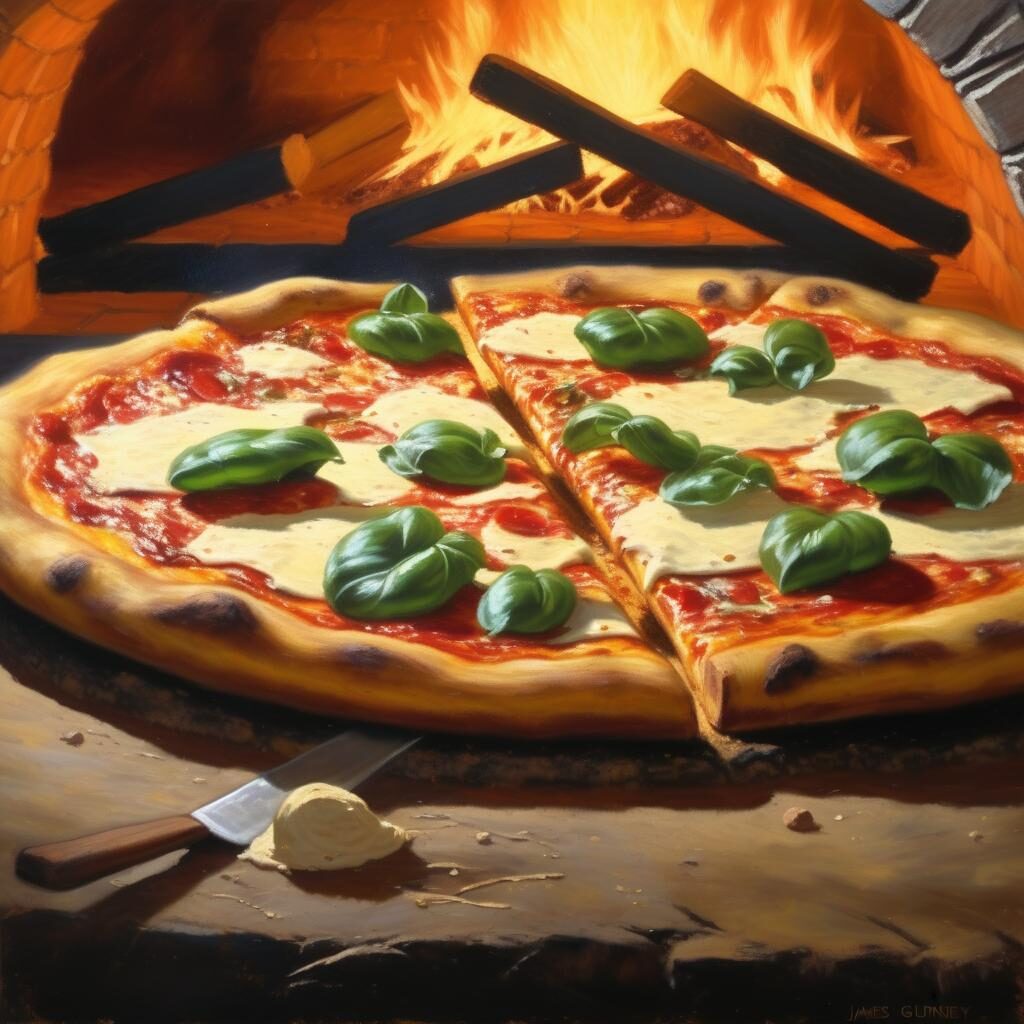Yale Food Addiction Scale: you know what that is?
It’s a psychometric instrument aimed at evaluating the food addictions of the subjects interviewed.
It goes also by its acronym “YFAS“; it is based on the 7 symptomatic criteria to identify dependence on generic substances, and is basically a questionnaire made up of 25 questions, through which the degree of “severity” of certain foods as it comes to the risk of leading to an addiction (1).
Quiz time: which one of these foods triggers addiction symptoms the most?
You will have understood it from the meme attached to this post:
Pizza
Thinking about it, this is hardly a surprise.
Our beloved pizza has within itself all those characteristics found in highly addictive foods: highly processed, with added amounts of fat and refined carbohydrates, and a high glycemic index which causes a sudden increase in blood glucose (2).
Resulting in neurochemical and behavioural responses (such as modification of dopamine concentration) similar to those of drug abuse (3).
We also talked about the “marriage” between fats and complex carbohydrates.
A dangerous union for our body: a 2014 study has in fact demonstrated “that foods high in fat and carbohydrate are, calorie for calorie, valued more than foods containing only fat or carbohydrate and that this effect is associated with greater recruitment of central reward circuits” (4).
What do we have to do?
Well, I can think of a solution.
Perhaps too simplistic, but certainly effective, and within everyone’s reach: moderate the consumption of highly processed foods.
Perhaps giving preference to fresh fruit and vegetables and, even better, visiting a serious and competent nutritionist on a regular basis.
Treat yourself to a pizza every now and then… and you’ll see that it will taste even more delicious than usual!
Anyway: if you work in catering or hospitality industry, and you are interested in my copywriting and/or content writing services, just DM

 Italiano
Italiano
